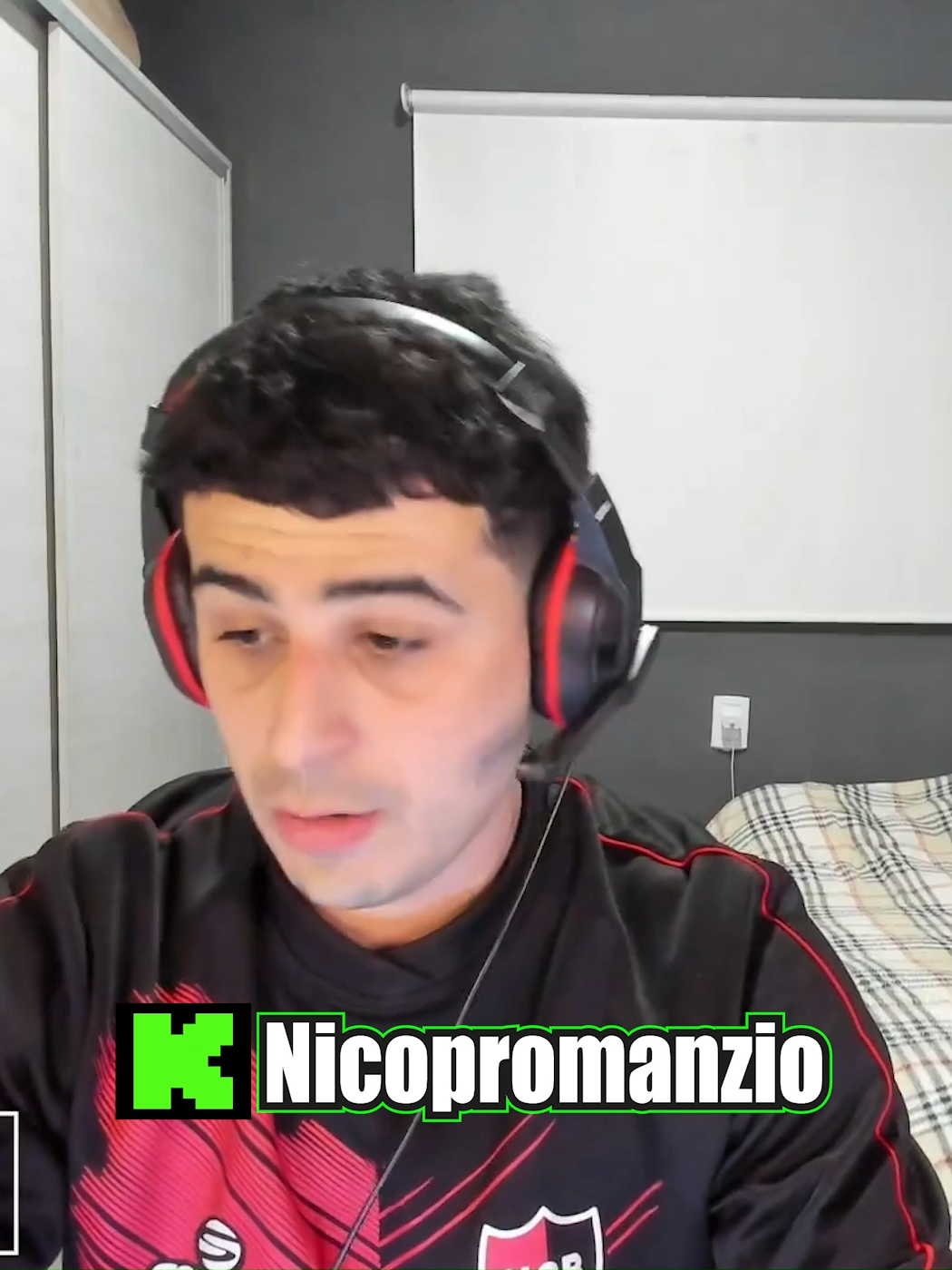chicha30
Region: PE
Monday 28 July 2025 23:59:04 GMT
15830
337
3
71
Music
Download
Comments
___ꇙꄲꋊꉔꉔꄲ____________🚛_______ :
si bro, creo que soy su curita 😃
2025-07-29 02:31:28
0
Rosa Perez D :
💃💃💃
2025-07-29 17:26:30
0
🏀angelito23SC⚽️💜 :
🤣🤣🤣🤣🤣
2025-07-29 02:14:57
0
To see more videos from user @chichap30, please go to the Tikwm
homepage.





